Active individuals on a plant-based diet are liable to undereating protein, which can hamper performance and muscle recovery. Transparent Labs Organic Vegan protein powder is formulated with organic pea protein isolate and rice protein to help make sure that’s not the case.
By providing 24 grams of complete plant-based protein in every serving, Transparent Labs Organic Vegan Protein powder has become a staple for many vegan gym-goers, athletes, and bodybuilders alike. The complete essential amino acid profile and biocompatibility of rice and pea protein make Organic Vegan the ideal alternative to whey and casein protein. Even better, it contains absolutely no GMOs, added sugar, or artificial junk.






















